A Parsi fashion photographer’s project to document noses of all shapes and sizes, the hallmark of India’s Zoroastrian community, makes a case to celebrate the odd and peculiar
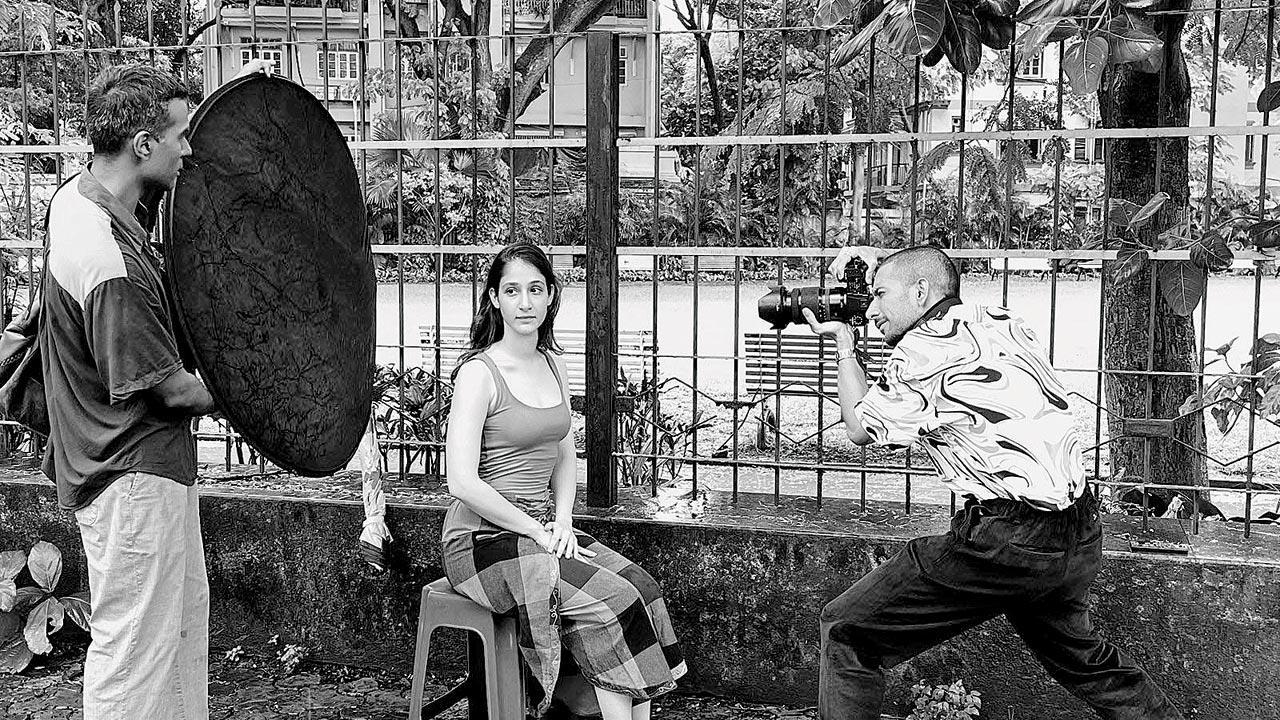
Gulnaz Siganporia, being photographed by Vimadalal at Dadar Parsi Colony, while his husband Prayag Menon helps with the backdrop. Pics Courtesy/PorusVimadalal
For most part, Mumbai-based photographer Porus Vimadalal has been indifferent to his aquiline nose. “It was never a topic of discussion for me. In fact, I didn’t think too much of it, except for the fact that it was big,” he tells us over a video call. “At some point, I actually began loving that feature about my face, and realised that there was nothing I wanted to change about it.” Noses, however, got mentioned too often during conversations with his Parsi relatives and friends who appeared to have a shared interest in this hereditary exclusiveness that sometimes made them stick out like a sore thumb—it was mostly in jest, rarely as a genuine cause for concern, but always a reminder of the peculiarity of the typical Parsi face, he recalls. Their distinct and large noses, either crowned by a prominent bulbous dorsal hump or a hooked beak, continue to remain the butt of good ol’ jokes.
ADVERTISEMENT
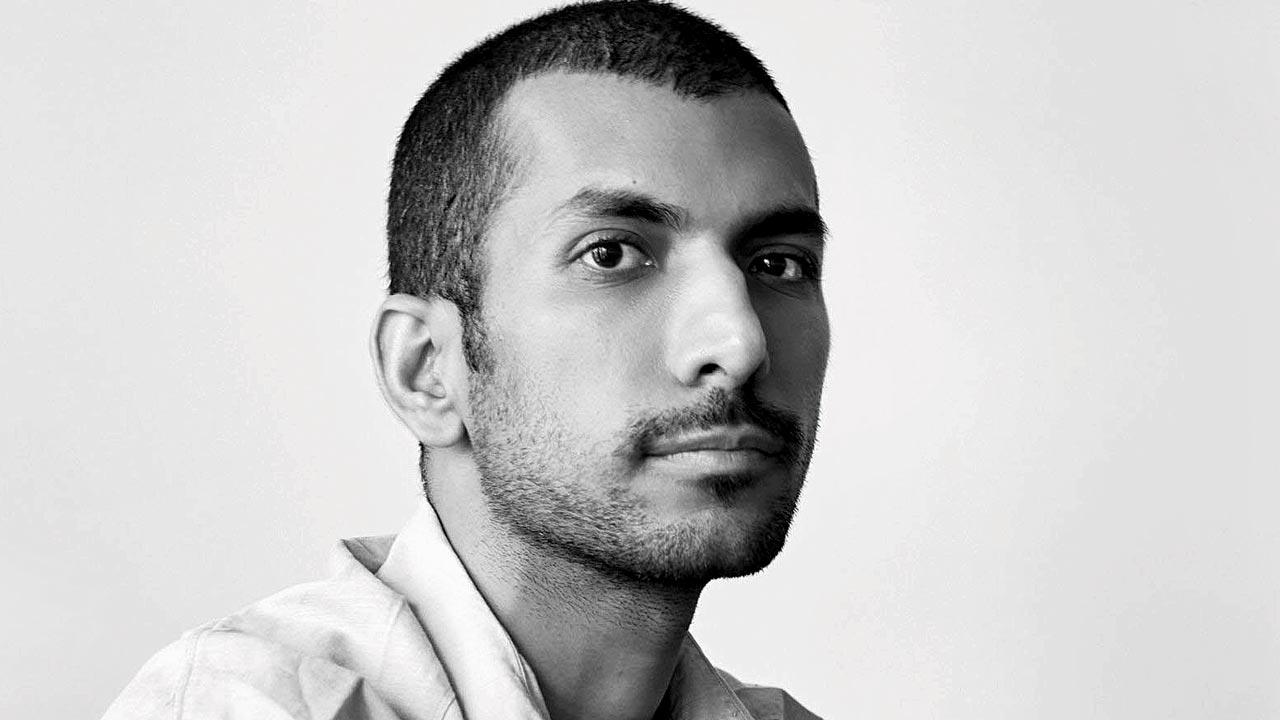
Porus Vimadalal’s Parsi Nose Project, intends to provide a visual record of the wide gamut of noses that the community boasts of
It’s what compelled Vimadalal, who recently shifted base from Toronto along with husband Prayag Menon, to freeze the Parsi nose on camera. The unusual documentation, simply titled The Parsi Nose Project, hopes to provide a visual record. “The idea actually came from Prayag. Though he isn’t Parsi, he is very much interested in Zoroastrian culture. Some months ago, during a conversation with a friend, Prayag suggested that we start documenting Parsi noses,” says Vimadalal. “Since I’ve always been meaning to do a portrait series involving my community, this seemed like a great idea, because it’s a facial feature that many community members are actually very conscious about.” Perhaps, now, they’d have reason to celebrate their noses.
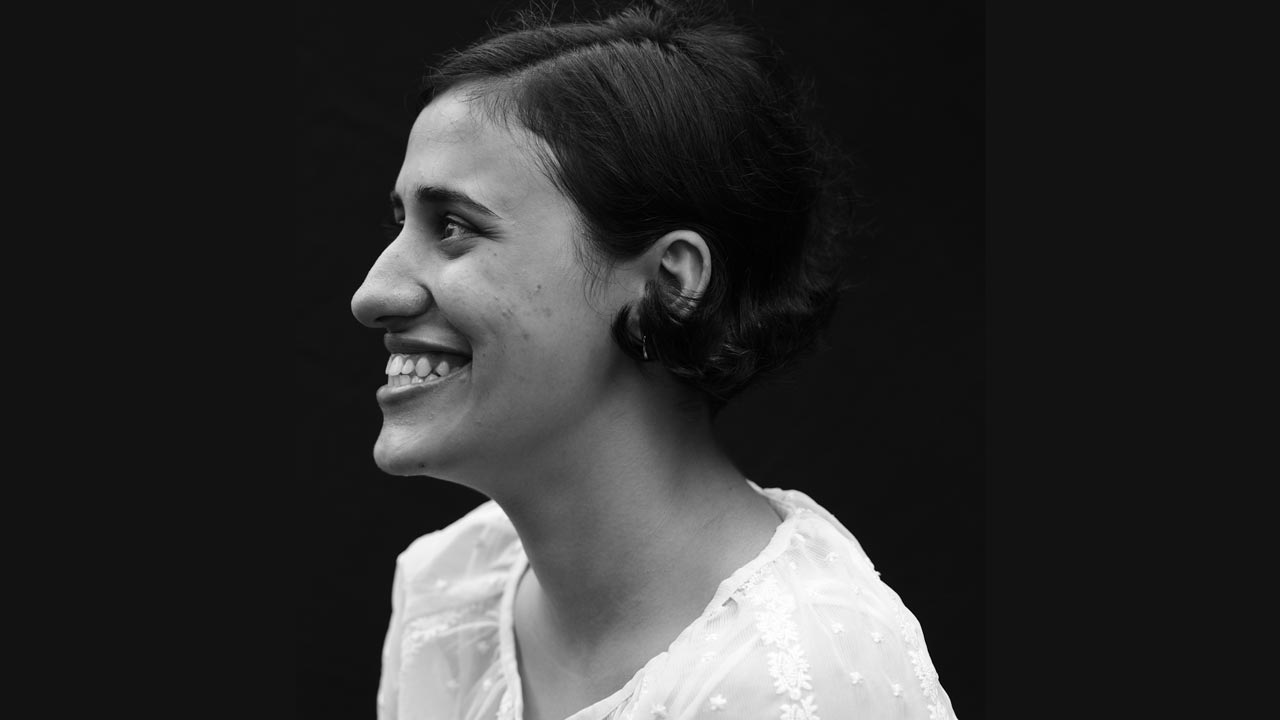
Jeresten Sethna
Work on the project began last month with Vimadalal reaching out to friends and acquaintances. The award-winning photographer who has collaborated with leading fashion magazines, including Vogue, ELLE, and Harper’s Bazaar, dedicates his weekends to this assignment. He has already shot 15 people. Not every Parsi may make the cut, though. He admits that it’s hard to describe what kind of nose he is actually looking for. “Every nose is different. And while I don’t have a set criteria, this is where my personal feelings come in. I am essentially a photographer working in the fashion industry, exposed to several kinds of faces and features. The nose doesn’t have to be long, big or small. When I look at a person, the nose should be the first thing I notice… that would make it distinct.”
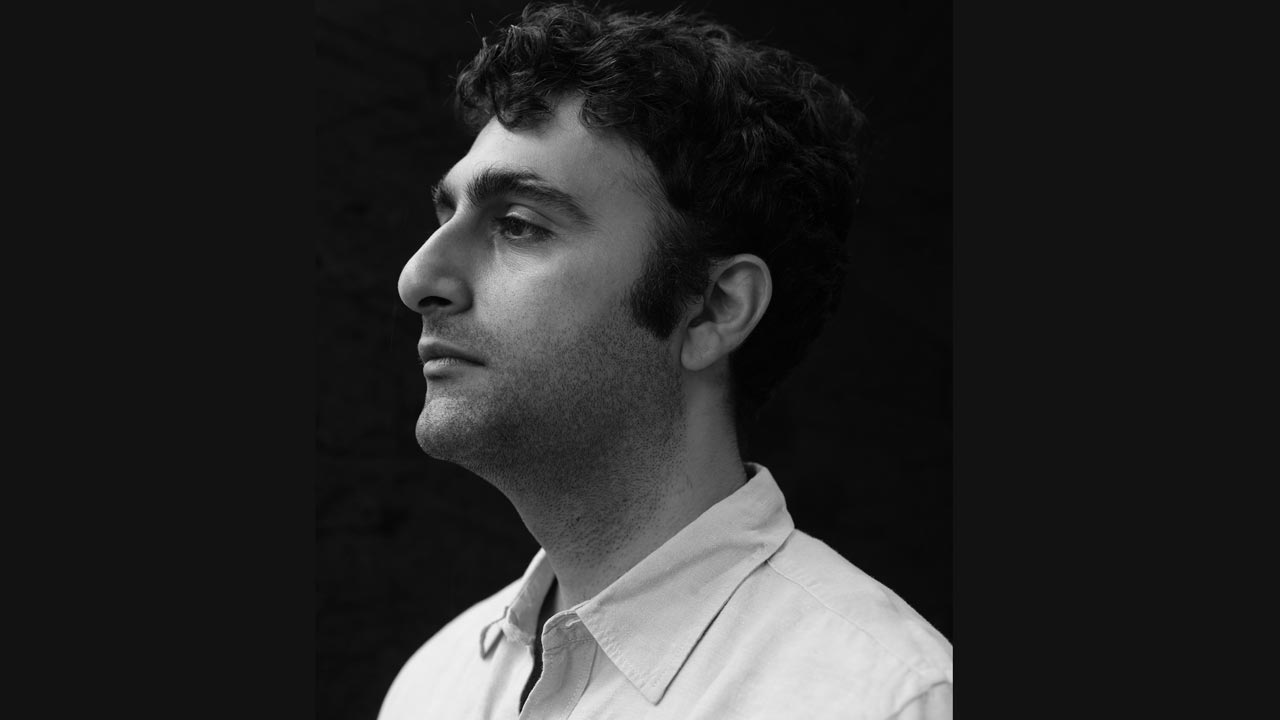
Zervaan Bunshah
One of the reasons for his curiosity to document the Parsi nose was also to understand the stories people had to share about it. “In the process of the shoots, I’ve learnt how every person sees their nose. Some are comfortable with it, then there are others who are conscious about it and have wished they could change the feature. I also wanted to understand their relationship with their noses—how they identify with it or perceive it.” It’s these short stories that are going to be instrumental in building the narrative around his project.
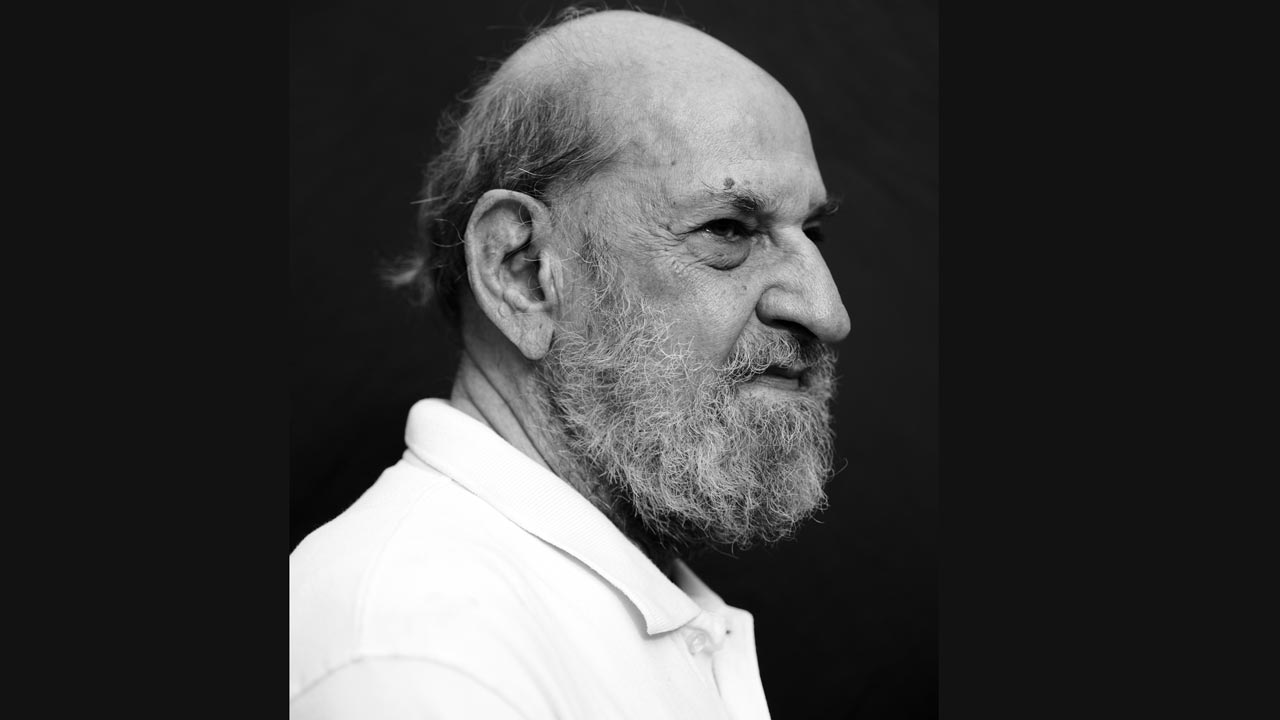
Sarosh Patel
Twenty three-year-old Jeresten Sethna, a dance movement therapy facilitator, who was part of Vimadalal’s project, remembers being teased about her big nose, when in school. “Friends thought that because my nose was large, I could smell better… it was obviously untrue. Also, every time I saw my face in the mirror, it was the only thing I would notice. That made me very aware and awkward,” she says. As a professional dancer, Sethna is part of several photo and video shoots. Only recently, she recalls having sent a video for a project, where she had to mention her name, age and show her profile. “As feedback, I was asked to contour my nose the next time, so that it didn’t stand out when I was speaking. I laughed about it. I am now very comfortable with it.”
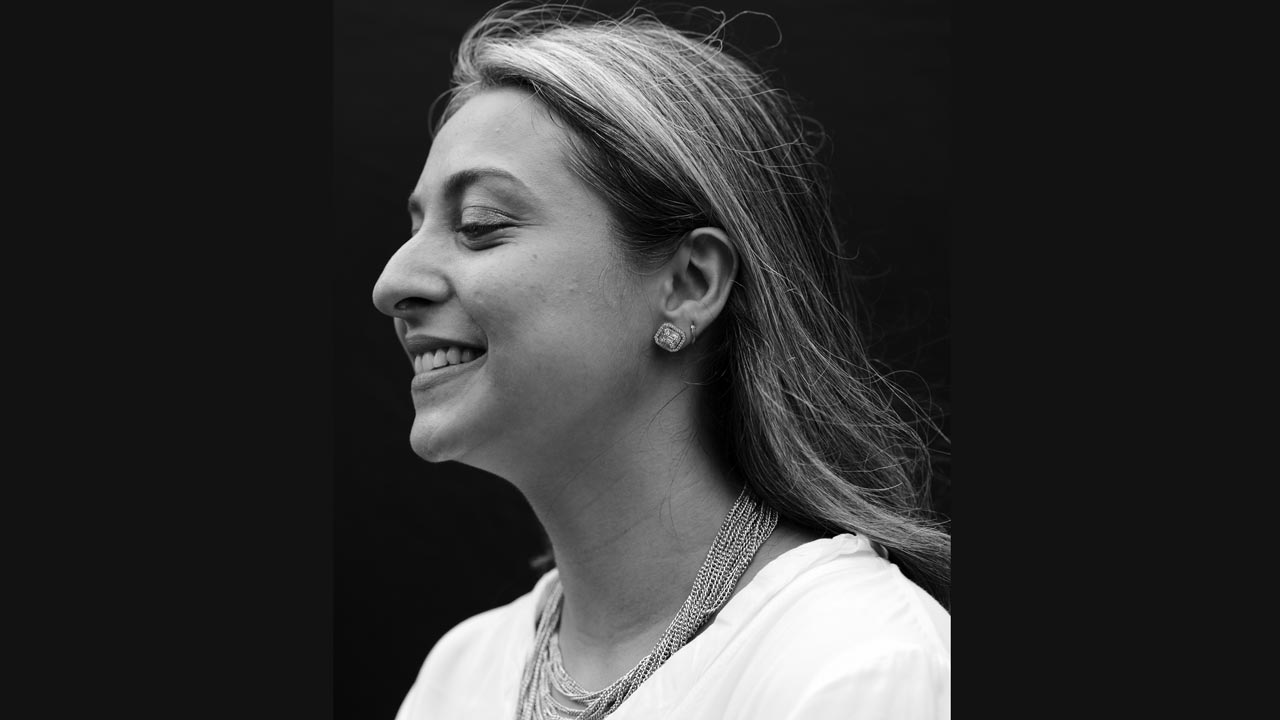
Parinaz Aga
Zervaan Bunshah, a 28-year-old actor and singer from Dadar Parsi Colony, who along with his sister and father were photographed for the project, believes that the Parsi nose is an immediate giveaway. “It’s so prominent that you can spot one from a distance. The ridge is either bent, curved or hooked… It’s actually a spectrum of crooked,” he laughs. “Though I have a large nose and flaring nostrils, luckily for me, I have a massive forehead, so it looks proportionate,” he says, joking, “But I love my nose, because it pokes itself in the business, where it doesn’t have to be.” Bunshah recounts a legend associated with Field Marshall Sam Manekshaw, a proud Parsi, who allegedly had a word with then Prime Minister Indira Gandhi, who was trying to interfere in his war coup. “Mrs Gandhi...” he told her, “My nose is as long as yours, but I keep it out of your business.”
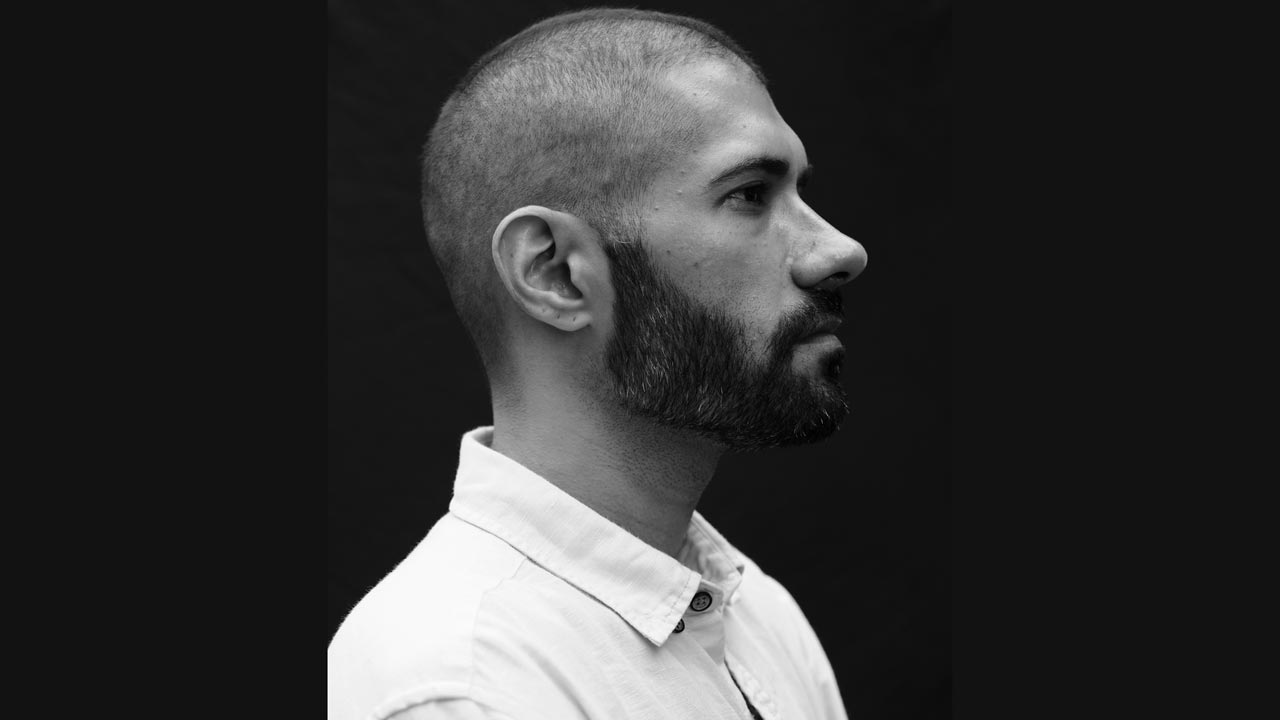
Peteras Udwadia
The monochrome frames of Vimadalal’s portraits are tight, and taken against a plain black background to highlight the curves and edges, and how the nose sits on the face. “The project is still in a nascent stage, so there might be more layers that I could add in the future, but it will always be portraits,” he insists. What’s also important for him is that his subjects overcame apprehension when in front of the camera. “I need to put them at ease.”
The project is not restricted to a particular age group, though he prefers working with those 18 years and above, as he doesn’t have to worry about consent. Vimadalal is planning to showcase some of his photographs at the Chemould/SHIFT Gallery later this year. “It will be featured along with another project I had undertaken at Udvada [seaside town in Gujarat that’s sacred to India’s Zoroastrian community and the seat of the Iranshah Atash Behram].” He sees the project have a life online as well. “It will definitely be part of my social media... I haven’t thought about it that far yet. But a few years down the line, it could turn into a book. I am keeping it open ended. For now, it’s just a project that I am doing so that I can meet people, speak to them, and notice the features that make them quintessentially Parsi.”
 Subscribe today by clicking the link and stay updated with the latest news!" Click here!
Subscribe today by clicking the link and stay updated with the latest news!" Click here!







